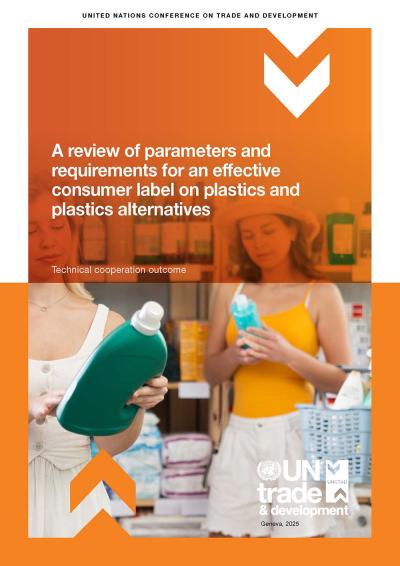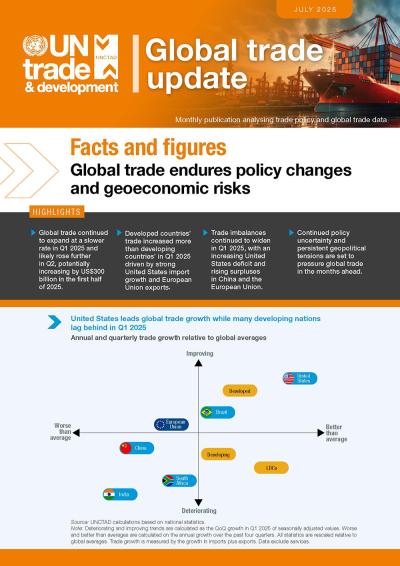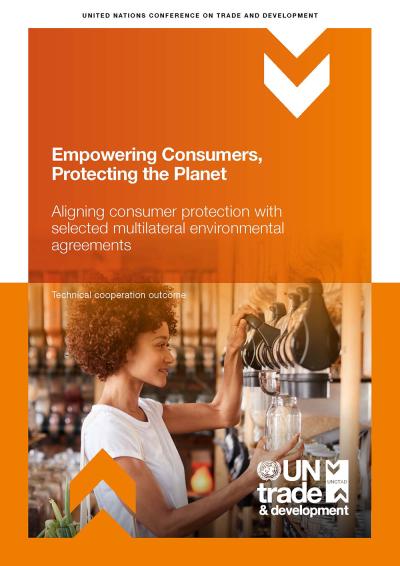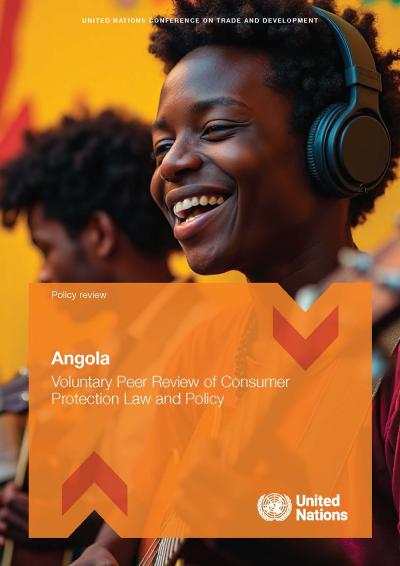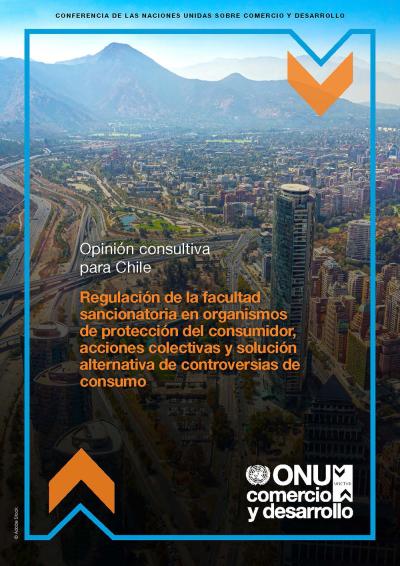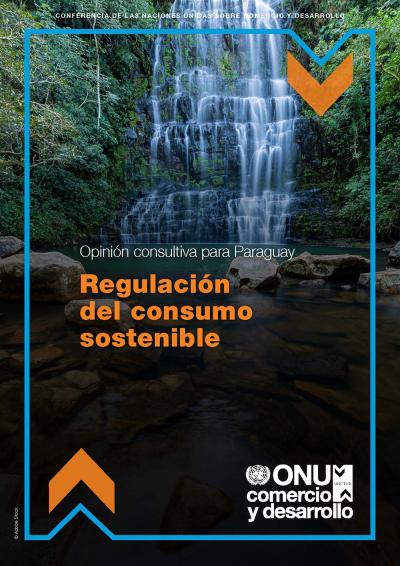Consumer product safety: New global principles adopted at UN
The move seeks to enhance consumer protection in an increasingly globalized and digital marketplace, as product safety is not a privilege for the few, but a fundamental right for all.
Why competition and consumer protection matter
Competition and consumer protection can play a direct and important role in promoting economic growth and reducing poverty.
Competition stimulates innovation, productivity and competitiveness, contributing to an effective business environment. This generates economic growth and employment. It creates possibilities for small and medium-sized enterprises, removes barriers that protect entrenched elites and reduces opportunities for corruption.
Competition therefore increases a country's attractiveness as a business location, triggering national and foreign investments. It also delivers benefits for consumers through lower prices, improved services and greater choice. In this sense, competition generates total consumer welfare.
Consumer protection benefits all consumers by ensuring that they have the right of access to non-hazardous products, adequate information to enable them to make informed choices according to individual wishes and needs, and effective redress.
Empowered consumers, who know their rights and enforce them, are subject to fewer abuses. This directly improves their welfare. It also contributes to creating a level playing field for businesses, which have to apply a common set of standards, supporting competition.
Despite the benefits of competition, anticompetitive practices are common, with two root causes:
- Business conduct that restrains competition. This includes agreements between businesses not to compete (which are typically illegal), through cartels, price fixing and territorial divides for example. Businesses may also make formal, legal groupings such as marketing boards and cooperatives, which can in effect operate as cartels.
- Government policies that burden competition. Governments often have restrictive licensing regimes for certain sectors and products, such as for agricultural inputs (e.g. seeds and agrochemicals).
Developing economies are particularly vulnerable to anticompetitive practices. Poor business infrastructure and complex regulatory and licensing regimes make it harder for companies to enter these markets. Their policies, laws and regulations are often not sufficiently robust, while their enforcement agencies lack the capacity to effectively detect and tackle many instances of anticompetitive behaviour. Their citizens and businesses are less aware of the importance of competition and do not exercise their rights or fulfil their responsibilities.
Increasingly, many competition problems have a cross-border component. Companies and supply chains are international, while competition laws and enforcement agencies are primarily national. Individual countries have struggled to address anticompetitive practices at the international level, which requires regional and global collaboration to set and enforce competition rules.
Competition policy aims to overcome this anticompetitive environment by applying a set of market rules that guarantee a level playing field for all businesses. The successful implementation of competition policy results in the elimination of anticompetitive regulation and unnecessary barriers to competition imposed by government policies. Anticompetitive business practices are also discouraged by effective enforcement of competition rules.
Mandate and key functions
The United Nations General Assembly entrusted UNCTAD to be the focal point within the UN on competition and consumer protection issues, as contained in General Assembly resolutions 35/63 of 22 April 1980 for competition and 70/186 of 22 December 2015 for consumer protection.
The purpose of UNCTAD's competition and consumer policies programme is to contribute to poverty reduction and the achievement of the Sustainable Development Goals by improving markets’ functioning through strengthened competition and consumer protection.
UNCTAD fulfils this mandate through three key functions:
Providing a forum for intergovernmental deliberations
Government representatives and experts come together to discuss competition and consumer protection issues. The main fora are the annual meeting of the intergovernmental group of experts (IGEs) on competition law and policy and on consumer protection law and policy.
Undertaking research, policy analysis and data collection
The research focusses on issues that raise the interest of member states, in particular in IGE discussions. Also, the work developed under the research partnership platform, launched in 2010 to gather universities, research centers and scholars working on the topics of competition and consumer protection, informs UNCTAD’s research, policy analysis and IGE discussions.
Providing technical assistance to developing countries
UNCTAD assists partner countries to implement the recommendations and best practice identified in the previous two workstreams. Findings and lessons from the technical assistance are then fed back and used to inform the research and intergovernmental deliberation components of the programme's work.
UNCTAD aims to continue being the partner of choice for developing countries and countries with economies in transition seeking high quality, development focused support for improving their competition and consumer protection systems towards inclusive economic growth and sustainable development.
It achieves this objective through the following strategies:
- Global delivery of in-depth technical assistance. Currently, countries in Latin American, African and Asian regions receive comprehensive long-term technical assistance to strengthen their competition and consumer protection systems, funded by development partners or through self-funding.
- Tailor-made advisory services. Member states can request UNCTAD for advisory opinions and technical assistance in law and policy drafting and review. Their requests frame UNCTAD’s delivery and ensures full coincidence between beneficiary countries’ needs and UNCTAD outputs.
- World-class technical expertise. UNCTAD provides high quality advice to developing countries and countries with economies in transition, partnering with more experienced countries and highly experienced and respected experts from around the world.
More news
Latest publications
Videos and podcasts
Related
United Nations instruments
- UN Set of principles on competition
- UN Guidelines for consumer protection
- UNCTAD Model law on competition
Intergovernmental groups of experts
Voluntary peer reviews
Platforms and tools
Working groups
- Informal working group on consumer protection in e-commerce
- Informal working group on consumer product safety
- Informal working group on cross-border cartels
- Informal working group on consumer protection and gender
- Informal working group on international cooperation on competition law enforcement
- Informal working group on the protection of vulnerable and disadvantaged consumers
- Informal working Group on modalities of the voluntary peer review exercises
Projects
- Handbook and training on consumer product safety
- Fostering competition law and policy and competition culture in Albania
- Consumer information and consumer protection in selected multilateral environmental agreements
- Competition and consumer protection policies in the Democratic Republic of the Congo
- Technical assistance and capacity building for African Portuguese speaking developing countries and Timor-Leste
Meetings
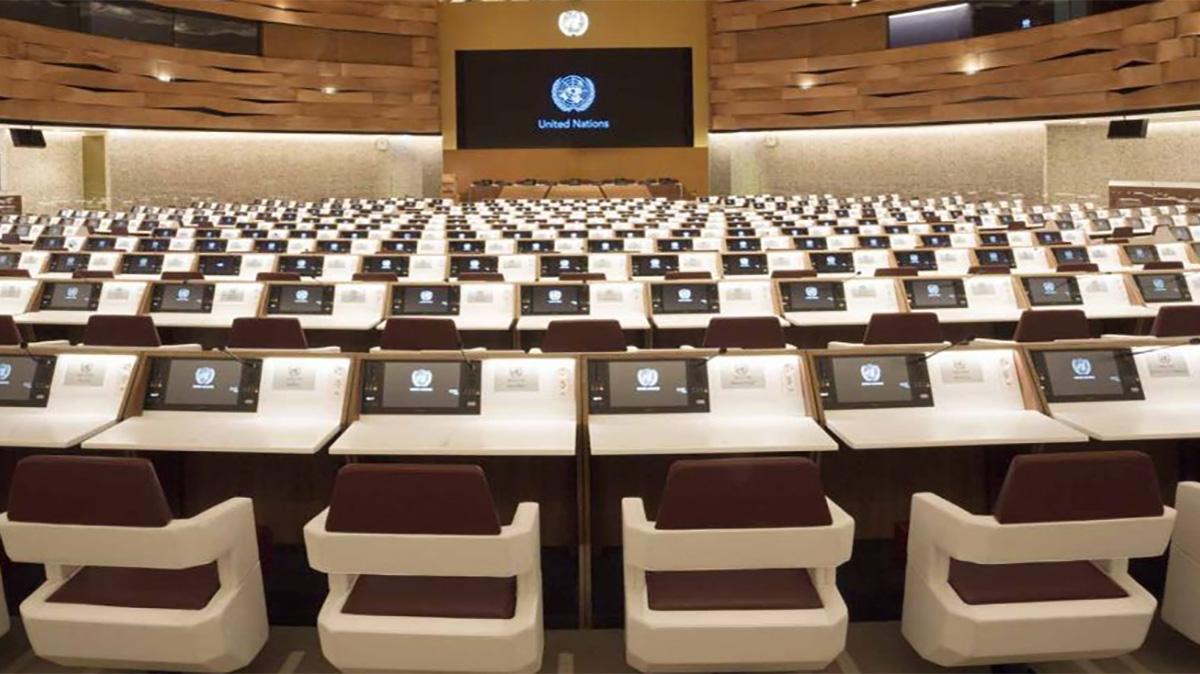
8 – 10 July 2026
Intergovernmental Group of Experts on Competition Law and Policy, 23rd session
Geneva, Switzerland6 – 8 July 2026
Intergovernmental Group of Experts on Consumer Protection Law and Policy, 9th session
Geneva, Switzerland12 February 2026
Webinar on dynamic pricing in digital consumer markets: risks, fairness and enforcement
Online17 December 2025
UNCTAD Research Partnership Platform Webinar on Highly Concentrated Global Food Value Chains
Online, (CET)Documents
Secretary-General Statements
Contact
For further information on this topic, please contact us.









